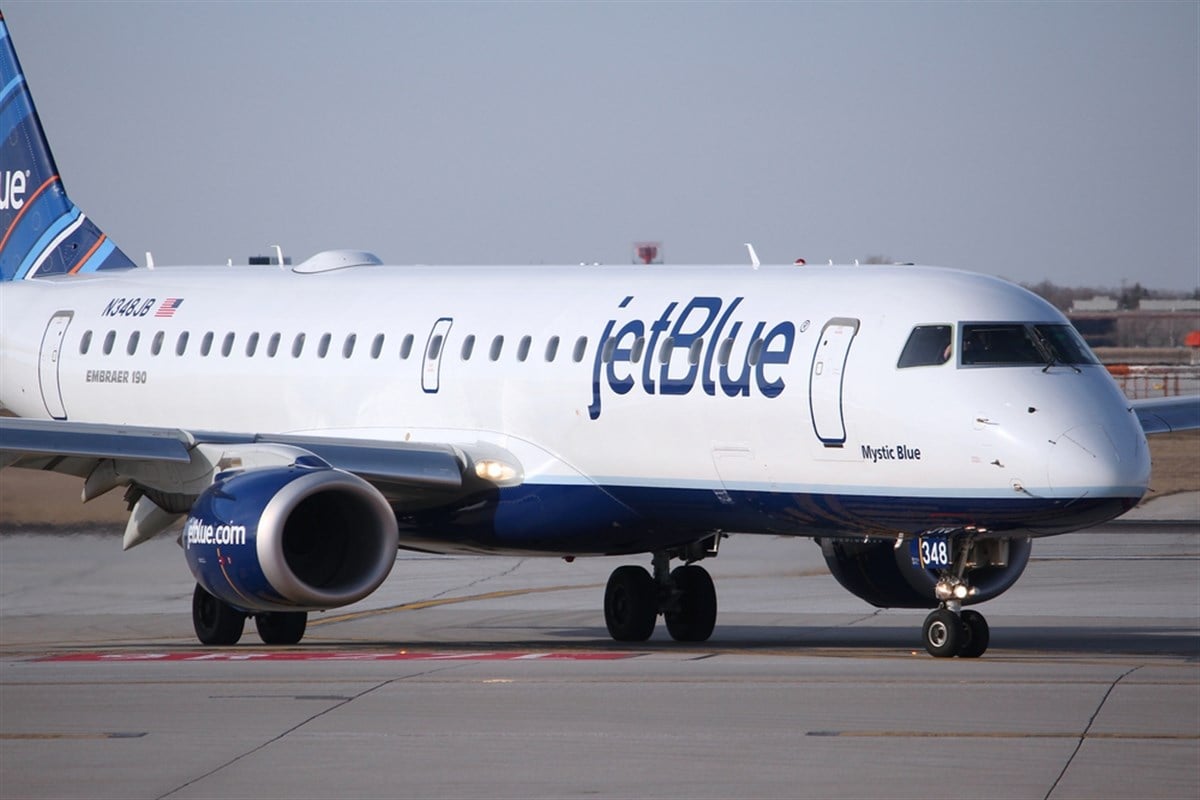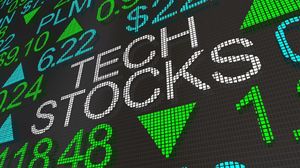
There aren't a lot of chances in the market quite like this one when a sophisticated investor like Carl Icahn, with his track record of successful dealings, comes to take a public interest in a stock. Known as activist investing, Icahn will acquire a significant stake in a stock, large enough to give that investor some control over the company.
This time, the activist investor decided to look into JetBlue Airways Co. (NASDAQ: JBLU) in a controversial move into a sector with negative sentiment. Still, nobody needs to make money by following the consensus. Plenty of tailwinds push the airline stocks, causing some of the reasons behind the large purchase in the name.
However, if you feel like buying the news is a game of sheep, you aren't too late to get into the big push this industry could soon experience. Today, MarketBeat brings you a suite of solutions to this particular situation, where you could decide to follow Icahn into the JetBlue chase or even consider a secondary deal in American Airlines Group (NASDAQ: AAL).
Why start looking?
Starting from the top, nobody is really into the airline sector today; maybe some of the markets are stuck in the past when the months of rising interest rates started to cut down consumer travel and consumption trends. Oil prices, like interest rates, are not in the same place as when the industry was in a heavy contraction.
The FED has proposed to cut interest rates this year; you can time the incoming changes by following the FedWatch tool at the CME Group (NASDAQ: CME) to find out that most traders out there are pricing these cuts to come as soon as May, but money shifts ahead of the economy.
As interest rates come down, traveling and leisure could quickly see a turnaround into newfound expansion; combined with the currently low oil prices, airline margins are looking better and better.
The U.S. Global Jets ETF (NYSEARCA: JETS) has begun to outperform the broader S&P 500 by as much as 9.5% in the past quarter, meaning momentum is heating up in the sector.
More than that, the transportation industry (the one that supports airline equipment in a way) added up to 5,600 jobs in the past month, according to the latest employment situation report. That same space showed expansionary activity in the past month after being in a contraction previously, a trend you can follow in the ISM manufacturing PMI index.
If that wasn't enough of a factor to get your attention flowing into the sector, consider that it trades at 68.5% of its 52-week high prices as an average of all peers.
Wall Street defines a bear market as a retracement of 20% or more from high prices; you can assume you'll get a discount in this space.
The JetBlue pick
In a true activist investor fashion, Icahn took a good look at the airline sector and decided to stick with JetBlue for a good reason: that reason is value. While most of the industry trades at an average price-to-book valuation of 1.9x, JetBlue stock shines.
With its 0.7x multiple, JetBlue sits at a discount of 63.8% to the sector. All of this happens while analysts expect the stock to grow its earnings per share by as much as 88.7% in the next twelve months, where its closest domestic flight competitor, Southwest Airlines Co. (NYSE: LUV), only got a 36.6% out of its projections.
Southwest trades in line with the industry average at 1.9x P/B, slower growth at no discount. What about another worthy mention, like American Airlines?
While not posing as much growth as JetBlue would have in the next year, American Airlines analysts only saw fit to project 18.7% EPS growth; however, these same analysts may have a reason to believe that the stock could prove these projections to be conservative.
Analysts at Citigroup Inc. (NYSE: C) boosted its price targets on American Airlines up to $20 a share, which calls for a rally of 36.9% from where the stock trades today. JetBlue analysts see a 28.8% downside in its $4.90 price targets, so siding with Icahn could be a bit of a dark science for your portfolio.
Siding with a more accepted growth, such as American Airlines, might be a better bet than the likely priced-in growth seen in JetBlue. In either case, the industry should get a bump soon.






